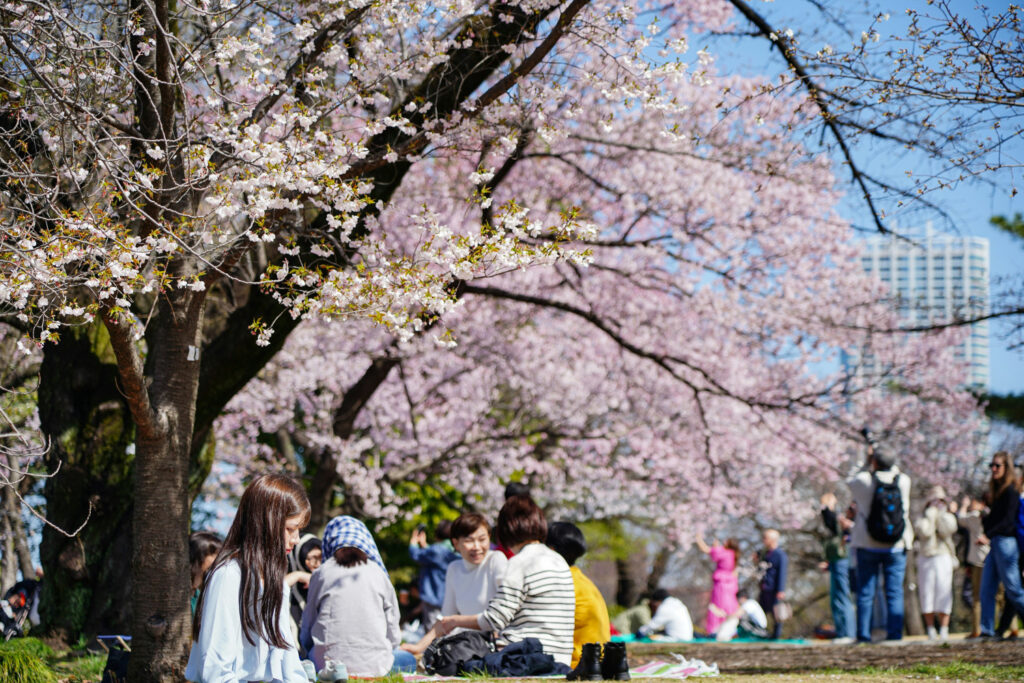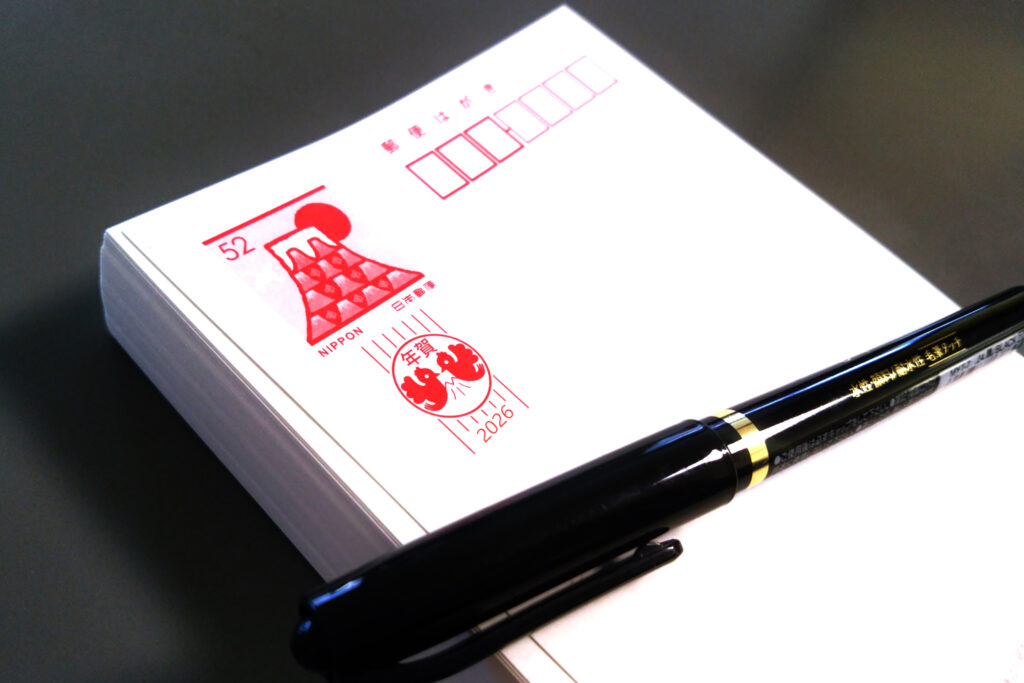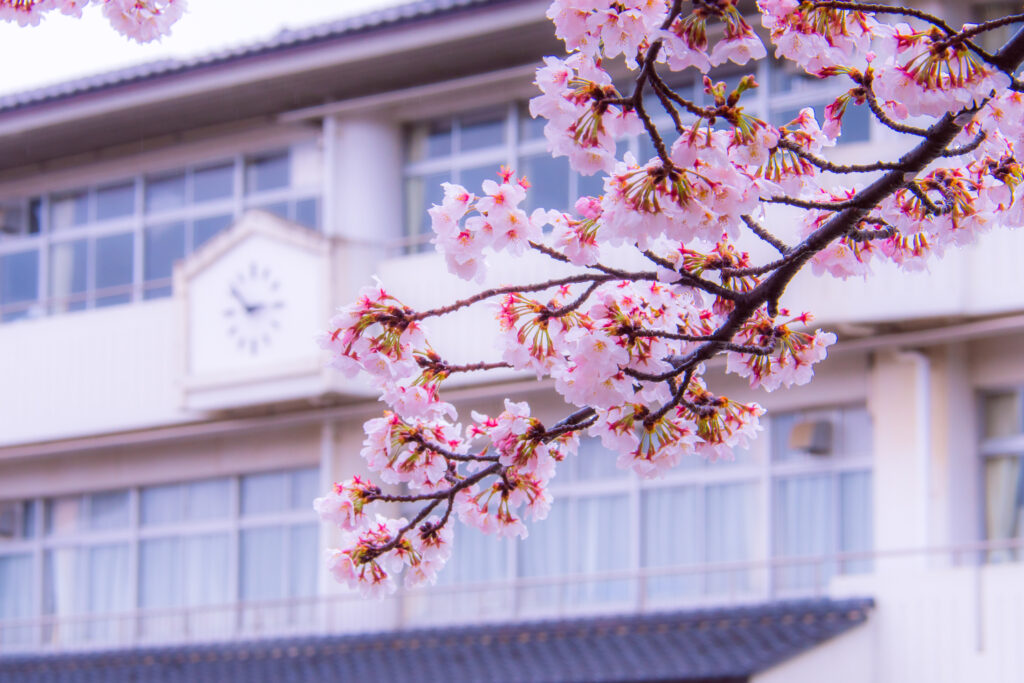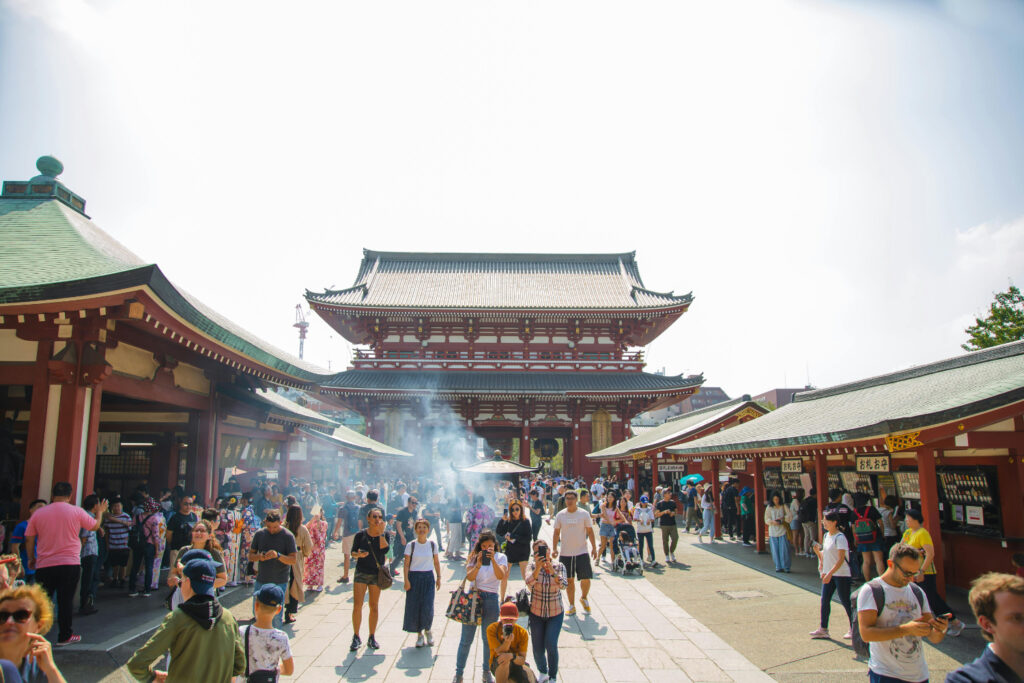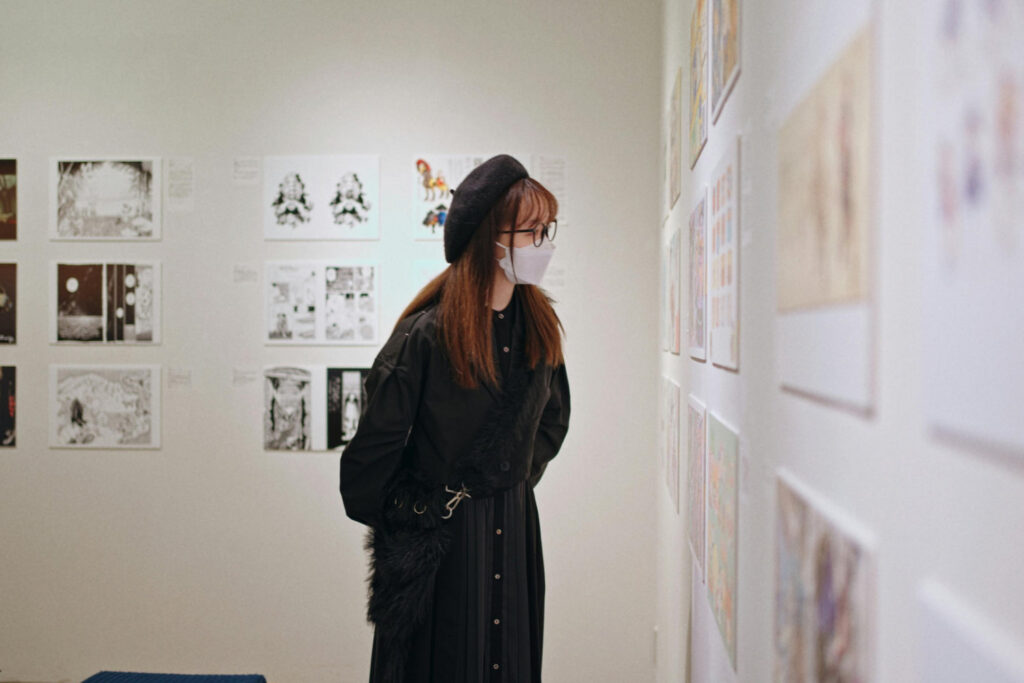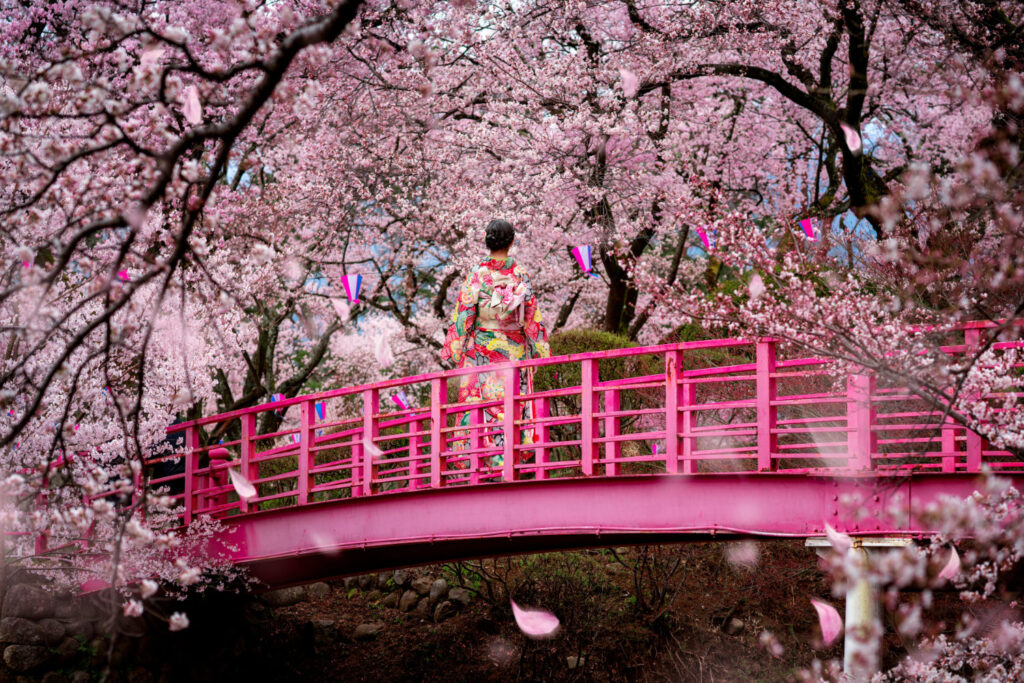
Japan has 17 public holidays in 2026, plus many traditional celebrations that shape daily life across the country. Whether you’re living in Tokyo or planning a visit, understanding these holidays helps you navigate everything from business schedules to transportation and shopping.
Most shops, restaurants and tourist spots stay open during public holidays, making them different from many Western countries. The big exception is New Year, when much of Japan closes down for several days.
Quick Reference: Japan’s Public Holidays
| Holiday | Dates for 2026 | Type | Consecutive Days Off |
| Emperor’s Birthday (天皇誕生日) | February 23rd | Fixed | 3 days (including weekend) |
| Spring Equinox Day (春分の日) | March 20th | Variable | 3 days (including weekend) |
| Showa Day (昭和の日) | April 29th | Fixed | 1 day (mid-week) |
| Constitution Day (憲法記念日) | May 3rd (May 6th substitute day) | Fixed | 5 days (Golden Week) |
| Greenery Day (みどりの日) | May 4th | Fixed | 5 days (Golden Week) |
| Children’s Day (こどもの日) | May 5th | Fixed | 5 days (Golden Week) |
| Marine Day (海の日) | July 20th | Third Monday of July | 3 days (including weekend) |
| Mountain Day (山の日) | August 11th | Fixed | 1 day (mid-week) |
| Respect for the Aged Day (敬老の日) | September 21st | Third Monday of September | 5 days (Silver Week) |
| Citizens’ Holiday (国民の休日) | September 22nd | Silver Week (every 5-7 years) | 5 days (Silver Week) |
| Autumn Equinox Day (秋分の日) | September 23rd | Variable | 5 days (Silver Week) |
| Sports Day (スポーツの日) | October 12th | Second Monday of October | 3 days (including weekend) |
| Culture Day (文化の日) | November 3rd | Fixed | 1 day (mid-week) |
| Labor Thanksgiving Day (勤労感謝の日) | November 23rd | Fixed | 3 days (including weekend) |
| Dates for 2027 | |||
| New Year’s Day (元日) | January 1st | Fixed | 3 days (including weekend) |
| Coming of Age Day (成人の日) | January 11th | Second Monday in January | 3 days (including weekend) |
| National Foundation Day (建国記念の日) | February 11th | Fixed | 1 day (mid-week) |
How Do Japanese Holidays Work?
Japan uses a smart system that creates longer weekends. If a public holiday falls on Sunday, the next Monday becomes a holiday too. Even better, any regular day that gets sandwiched between two holidays usually automatically becomes a holiday as well. This leads to the major holiday seasons as well as the elusive Silver Week that happens every five to seven years.
This system creates some wonderful long weekends, especially during Golden Week in early May when several holidays cluster together.
The Major Holiday Seasons
Silver Week (September 19th to 23rd) This rare holiday period only happens every five to seven years when Respect for the Aged Day and Autumn Equinox Day fall one day apart, triggering an additional Citizens’ Holiday between them. In 2026, Silver Week runs from September 19 to 23, creating five consecutive days off. This is the first Silver Week since 2015 and won’t happen again until 2032.
Golden Week (Late April to Early May) This is Japan’s longest holiday period, combining four national holidays. Many people take the entire week off, making it a busy time for travel. Hotels and transportation get crowded, but the weather is usually perfect.
New Year (December 29 – January 3) While only January 1 is officially a holiday, most businesses close for several days. This is one of Japan’s most important celebrations, when families gather and temples get packed with visitors.
Obon (Mid-August) Though not an official holiday, this Buddhist period honors ancestors. Many companies give time off, and people travel to their family homes.
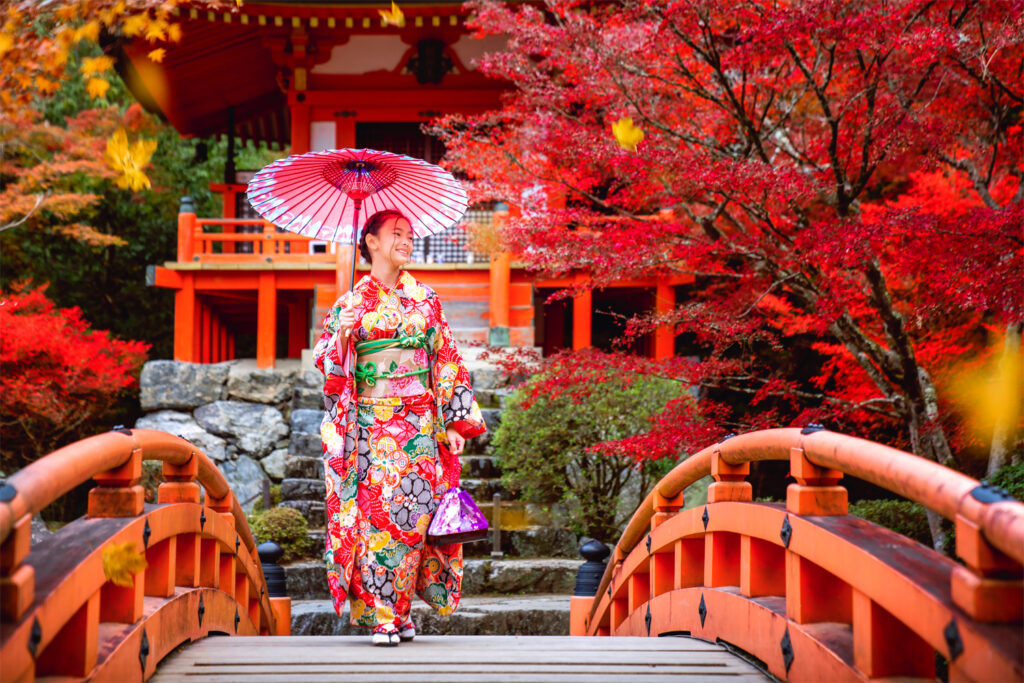
What Are Japan’s 17 Public Holidays in 2026?
Emperor’s Birthday (February 23) The current Emperor Naruhito’s birthday. The Imperial Palace opens to the public, and the Emperor greets visitors from a balcony.
Spring Equinox Day (Around March 20) Celebrates the arrival of spring. Many people visit family graves during this time, as it’s considered a good time to honor ancestors.
Showa Day (April 29) Honors the Showa period (1926-1989) and former Emperor Hirohito. Kicks off Golden Week and is a time to reflect on Japan’s modern history.
Constitution Day (May 3) Celebrates Japan’s post-war constitution that took effect in 1947. Often includes discussions about peace and democracy.
Greenery Day (May 4) A day to appreciate nature and the environment. Originally celebrated the former emperor’s love of plants and nature.
Children’s Day (May 5) Also called Boys’ Day, though it now celebrates all children. Families fly colorful carp streamers (koinobori) and display samurai dolls.
Marine Day (Third Monday in July) Celebrates Japan’s relationship with the ocean. Perfect timing for summer beach trips and water activities.
Mountain Day (August 11) Japan’s newest holiday, added in 2016. Encourages people to appreciate Japan’s beautiful mountains and often coincides with summer hiking season.
Respect for the Aged Day (Third Monday in September) Honors elderly people and celebrates long life. Communities often hold special events for senior citizens.
Citizens’ Holiday (September 22, 2026) This bonus holiday appears when a weekday falls between two public holidays. In 2026, it bridges Respect for the Aged Day and Autumn Equinox Day to create Silver Week. The extra day encourages autumn travel and family gatherings during this rare extended break.
Autumn Equinox Day (Around September 23) Like the spring equinox, this is a time to remember ancestors and visit graves. Many people enjoy the beautiful autumn weather.
Sports Day (Second Monday in October) Originally celebrated the 1964 Tokyo Olympics. Encourages physical fitness and sports participation. Schools often hold sports festivals around this time.
Culture Day (November 3) Promotes arts, culture, and education. Museums often have special exhibitions, and the government gives cultural achievement awards.
Labor Thanksgiving Day (November 23) Similar to Labor Day in other countries, this day appreciates workers and their contributions to society.
New Year’s Day (January 1) One of the most important days in Japan. Families visit temples, eat special foods, and exchange gifts. Most businesses stay closed through January 3.
Coming of Age Day (Second Monday in January) Celebrates young people who turn 18 (the age of adulthood in Japan). Cities hold ceremonies around shrines with participants wearing traditional Japanese clothes and Kimonos.
National Foundation Day (February 11) Marks the legendary founding of Japan by its first emperor in 660 BC. A day to think about Japanese history and culture.
Are Shops Open on Japanese Holidays?
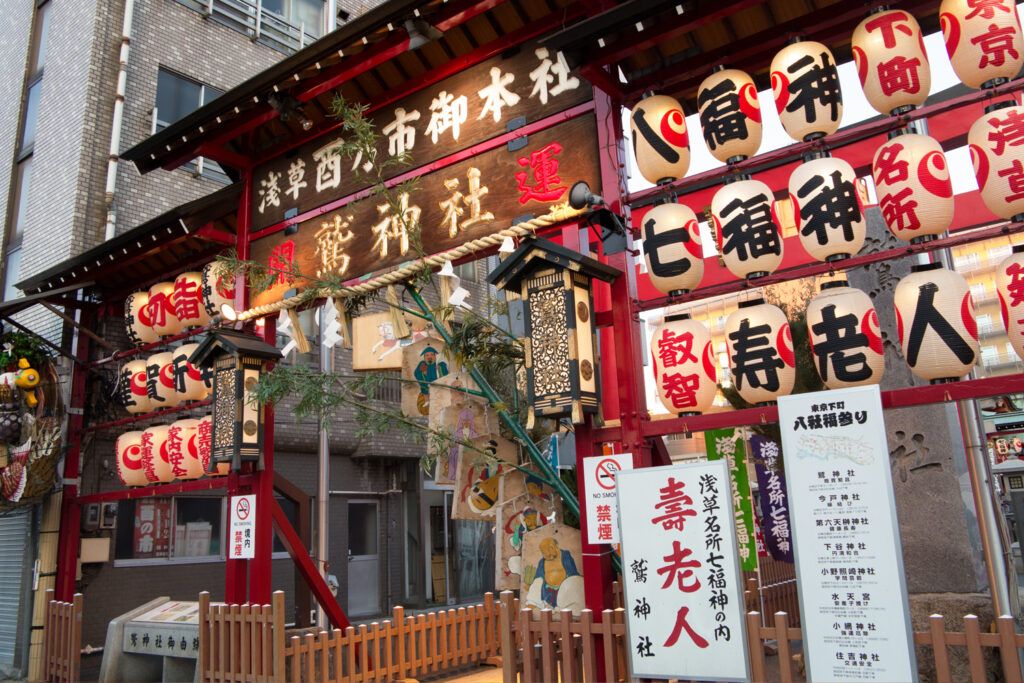
Understanding how holidays affect different aspects of daily life helps you plan better whether you’re living in Japan or visiting. Each area of life responds differently to the holiday schedule, so knowing what to expect makes everything smoother.
Business operations change significantly during public holidays, with most offices, government buildings, banks, and post offices closing completely. This means you can’t handle official paperwork, banking, or government services on these days, so smart planning involves scheduling important meetings and transactions around holiday dates. Shopping and dining work differently than in many Western countries, as most shops, restaurants, and department stores stay open during holidays, though some may have reduced hours. Popular restaurants become busier than usual, and the main exception is New Year when many businesses close for several days.
Transportation systems adjust their schedules during holidays but generally keep running, though trains and buses often operate less frequently than on regular weekdays. During major holiday periods like Golden Week and New Year, stations and trains become extremely crowded as people travel to visit family or go on vacation, making early ticket booking essential. Tourism sees major changes during holiday periods, with popular tourist spots becoming much busier and hotels, activities, and attractions often increasing their prices. If you’re exploring Japan during holidays, expect larger crowds and higher costs, but also more festive atmospheres at many locations.
For visitors seeking accommodations during holiday periods, Ken’s Place offers premium daily and monthly rentals in Tokyo’s most desirable neighborhoods. Their high-end properties provide an elegant base for experiencing Japanese holidays while offering the flexibility that discerning travelers expect during these culturally rich celebration times.
Traditional Celebrations Beyond Public Holidays
Japan celebrates many seasonal events and local festivals that aren’t official holidays but play important roles in cultural life. These celebrations often affect local communities and can influence shopping, dining, and entertainment options in different neighborhoods.
Setsubun marks the beginning of spring on February 3, when people throw roasted beans while shouting to chase away evil spirits and welcome good luck for the coming year. Cherry blossom season transforms the entire country from March through May with hanami (flower viewing) parties where people gather under blooming trees for picnics and celebrations. Parks become crowded, restaurants offer special seasonal menus, and the whole country celebrates spring’s arrival with festivals and events.
Tanabata, the Star Festival on July 7, celebrates a romantic legend about separated lovers who can meet once a year, with people writing wishes on colorful paper strips and hanging them on bamboo branches. Christmas isn’t a public holiday but has become widely celebrated with unique Japanese traditions like eating fried chicken and sharing strawberry shortcake. Department stores and shopping areas create elaborate decorations, and many couples treat it as a romantic holiday similar to Valentine’s Day in other countries.
Holiday Tips for Tokyo Residents
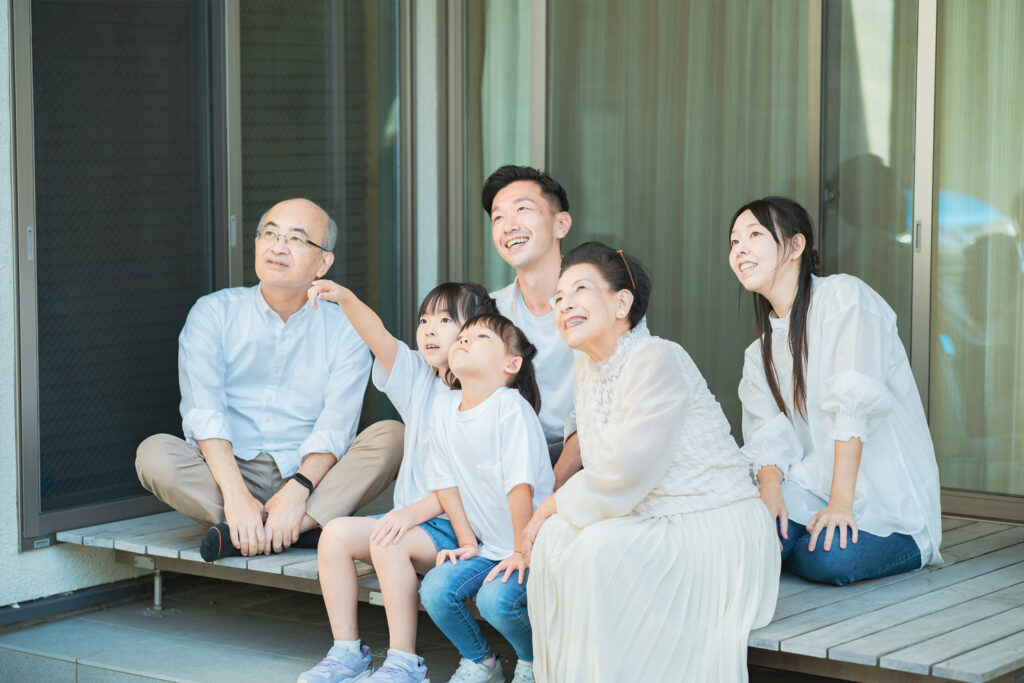
Living in Tokyo during holidays can be wonderful if you know what to expect. The city takes on a different rhythm during holiday periods, with many residents using the time to explore areas outside the city or visit family in other parts of Japan. Understanding how holidays affect daily routines helps you enjoy the festive atmosphere while avoiding common inconveniences.
Shopping requires different strategies during holiday periods, especially around major celebrations like New Year when many stores close for several days. Stock up on essentials beforehand as grocery stores get busy in the days leading up to holidays, and convenience stores may have limited stock despite staying open. Transportation planning becomes more important due to schedule changes and increased passenger volume, with holiday train schedules often running less frequently and major stations like Shinjuku, Tokyo, and Shibuya becoming extremely crowded during peak travel times. Smart residents avoid busy stations during rush periods, allow extra time for travel, and book tickets early for longer journeys to secure good seats and prices.
Dining options remain plentiful during most holidays, with many restaurants staying open and some creating special holiday menus to mark the occasion. Popular places often become busier than usual as people celebrate with family and friends, while international hotels frequently offer special holiday meals and buffets that provide great opportunities to experience both Japanese and international holiday traditions. Reservations become more important during holiday periods, especially at well-known restaurants or for special holiday dining experiences.
Luxury Living During Japanese Holidays
Living in premium properties across Tokyo during Japanese holidays offers unique advantages that enhance the celebration of these cultural moments. High-end residential buildings often transform their common areas with elegant seasonal decorations, from traditional New Year displays featuring pine and bamboo arrangements to delicate cherry blossom themes during spring holidays. The concierge services become particularly valuable during holiday periods, helping residents navigate changing restaurant schedules, book tables at popular establishments offering special holiday menus, and arrange transportation during busy travel times.
Premium properties maintain their full range of amenities during holidays when many public facilities have reduced hours, offering residents peaceful alternatives when popular public spaces become crowded. Location advantages become even more apparent during holidays, with properties in areas like Roppongi, Azabu, and Shibuya providing easy access to nearby temples for New Year visits, convenient hanami spots during cherry blossom season, and shopping districts with elaborate holiday displays. The international community within luxury developments often creates blended holiday traditions through building social events, offering residents chances to experience holidays from multiple cultural perspectives while deepening their understanding of Japanese customs.
If you are interested in buying a Luxury Residence in Tokyo Housing Japan is the perfect choice. With 25 years of experience in the market their great knowledge, experience and multilingual staff are ready to help.
Making the Most of Japanese Holidays
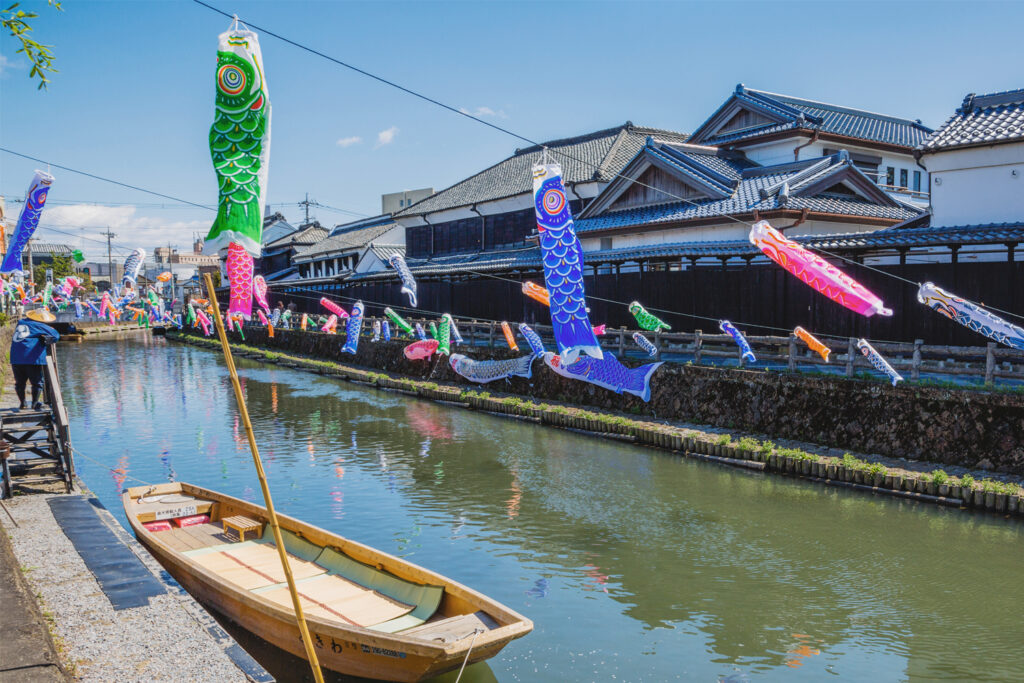
Japanese holidays offer great opportunities to experience local culture. Visit temples during New Year, watch families celebrate Children’s Day, or join local festivals.
For those living in luxury properties around Tokyo, many buildings organize special events during major holidays. Building management often decorates common areas and may arrange cultural activities for residents.
The key to enjoying holidays in Japan is understanding their cultural significance while planning practical matters like shopping and transportation around the changed schedules.
Conclusion
Japan’s holiday system creates a wonderful rhythm throughout the year, mixing ancient traditions with modern celebrations. Whether you’re experiencing the excitement of New Year temple visits, the beauty of Golden Week travels, or the cultural richness of traditional festivals, these holidays offer insight into what makes Japan special.
Understanding these holidays helps you plan better, whether for business, tourism, or daily life in Japan. Each celebration has its own character and traditions, making the Japanese calendar rich with opportunities to experience local culture.
Frequently Asked Questions
How many public holidays does Japan have in 2026? Japan has 16 fixed national holidays each year, but 2026 will have 17 total holidays. The extra day comes from a rule that turns any weekday sandwiched between two holidays into an additional day off. In September 2026, this creates a bonus holiday on the 22nd, sitting between Respect for the Aged Day and Autumn Equinox Day.
What is Silver Week in Japan? Silver Week is a cluster of consecutive holidays in September that only happens every five to seven years when the calendar aligns correctly. The name mirrors Golden Week in spring. In 2026, Silver Week runs from September 19 to 23, creating five consecutive days off. This is the first Silver Week since 2015 and won’t happen again until 2032, making it a significant event for both residents and visitors planning autumn travel.
When is Golden Week 2026? Golden Week 2026 runs from Wednesday, April 29 to Wednesday, May 6. The consecutive public holidays run from May 3 through May 6, with May 2 being a regular workday. Many workers take leave on April 30, May 1, and May 2 to create a longer break. Many workers take additional leave on April 30 and May 1 to create a longer break. Expect heavy domestic travel, crowded tourist spots, and higher accommodation prices throughout this period.
Is Obon a public holiday in Japan? No, Obon is not an official public holiday, though it functions like one in practice. Most companies give employees three to four days off around August 13 to 16. During this Buddhist festival honoring ancestors, many people return to their hometowns, making it one of the busiest travel periods alongside Golden Week and New Year.
Do all Japanese businesses close during public holidays? Most shops, restaurants, and tourist attractions stay open during public holidays, which differs from many Western countries. Department stores and shopping centers often see increased business on these days. The main exception is New Year, when many businesses close from around December 29 through January 3. Some smaller family-run shops may also close on other holidays.
Do banks and government offices close on Japanese holidays? Yes, banks, post offices, and government buildings close on all public holidays. ATMs inside bank branches may have limited hours, though convenience store ATMs typically remain available. If you need to handle banking, official paperwork, or government services, plan around holiday dates.
What happens if a holiday falls on a weekend in Japan? If a public holiday falls on Sunday, the following Monday becomes a substitute holiday. Additionally, any regular weekday sandwiched between two holidays automatically becomes a day off. These rules help create longer consecutive breaks, which is how Silver Week forms in years when September holidays align favorably.
When is the best time to visit Japan considering holidays? Spring from late March through May and autumn from September through November offer pleasant weather and beautiful scenery. However, Golden Week in early May and Silver Week in September 2026 bring large domestic crowds and higher prices. For cultural experiences, New Year offers unique traditions like temple visits, though many businesses close. June and December have no public holidays, making them quieter periods for tourism.
How do Japanese holidays affect transportation? Trains and buses run on holiday schedules with reduced frequency on most public holidays. During major holiday periods like Golden Week, Obon, Silver Week, and New Year, stations become extremely crowded as millions of people travel simultaneously. Shinkansen tickets can sell out weeks in advance during peak periods, so booking early is essential. Some expressways experience significant traffic congestion during these times.
Are there regional differences in how holidays are celebrated? While public holidays are observed everywhere in Japan, local customs and festivals add regional character to celebrations. Many prefectures also have their own “Prefecture People’s Day” when local government offices and schools close, though businesses remain open. Obon dates vary slightly by region, with some areas following traditional lunar calendar timing. Each part of Japan brings its own traditions to national celebrations.
What is the Japanese calendar year for 2026? The year 2026 is Reiwa 8 (令和8年) in the Japanese calendar system. You may see this notation on train tickets, official documents, and event schedules. The Reiwa era began in 2019 when Emperor Naruhito ascended to the throne.

